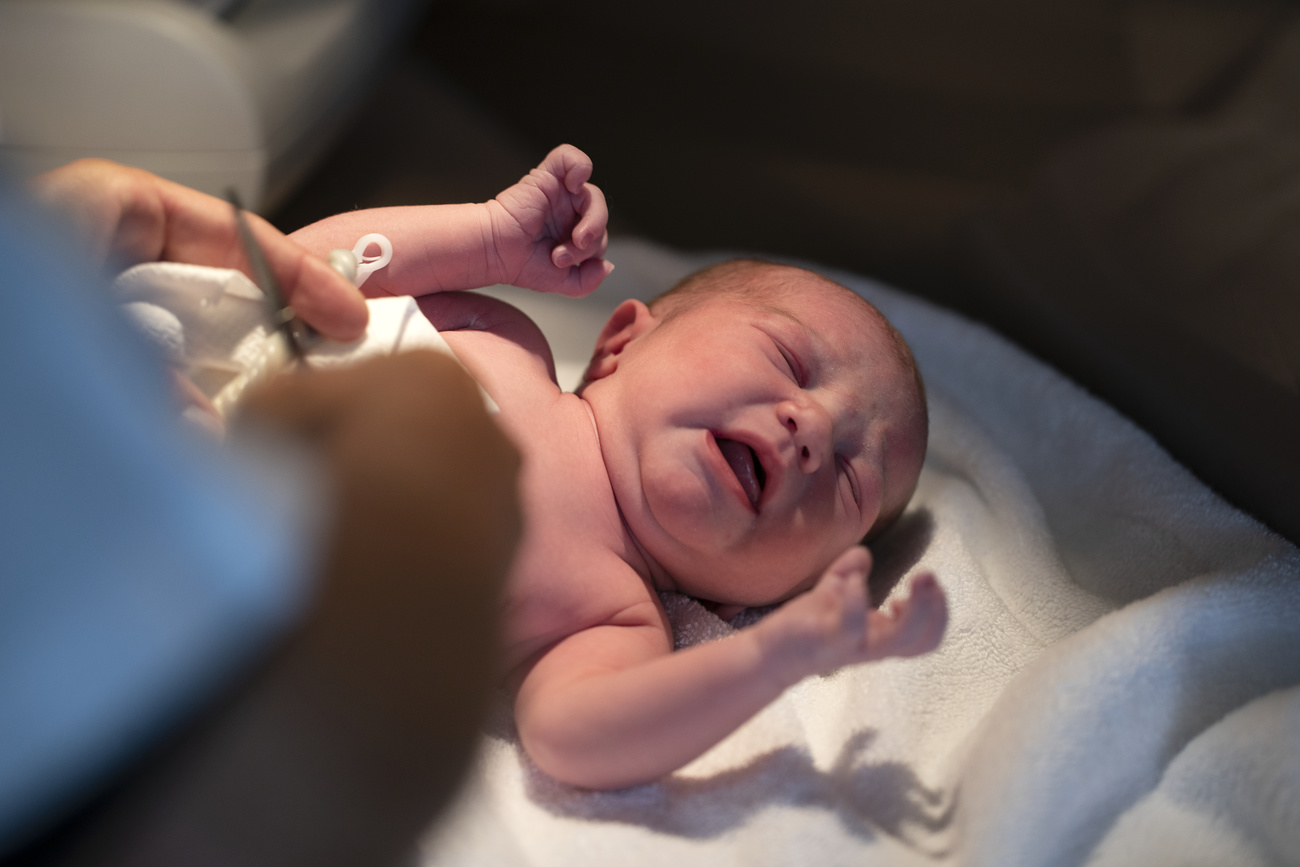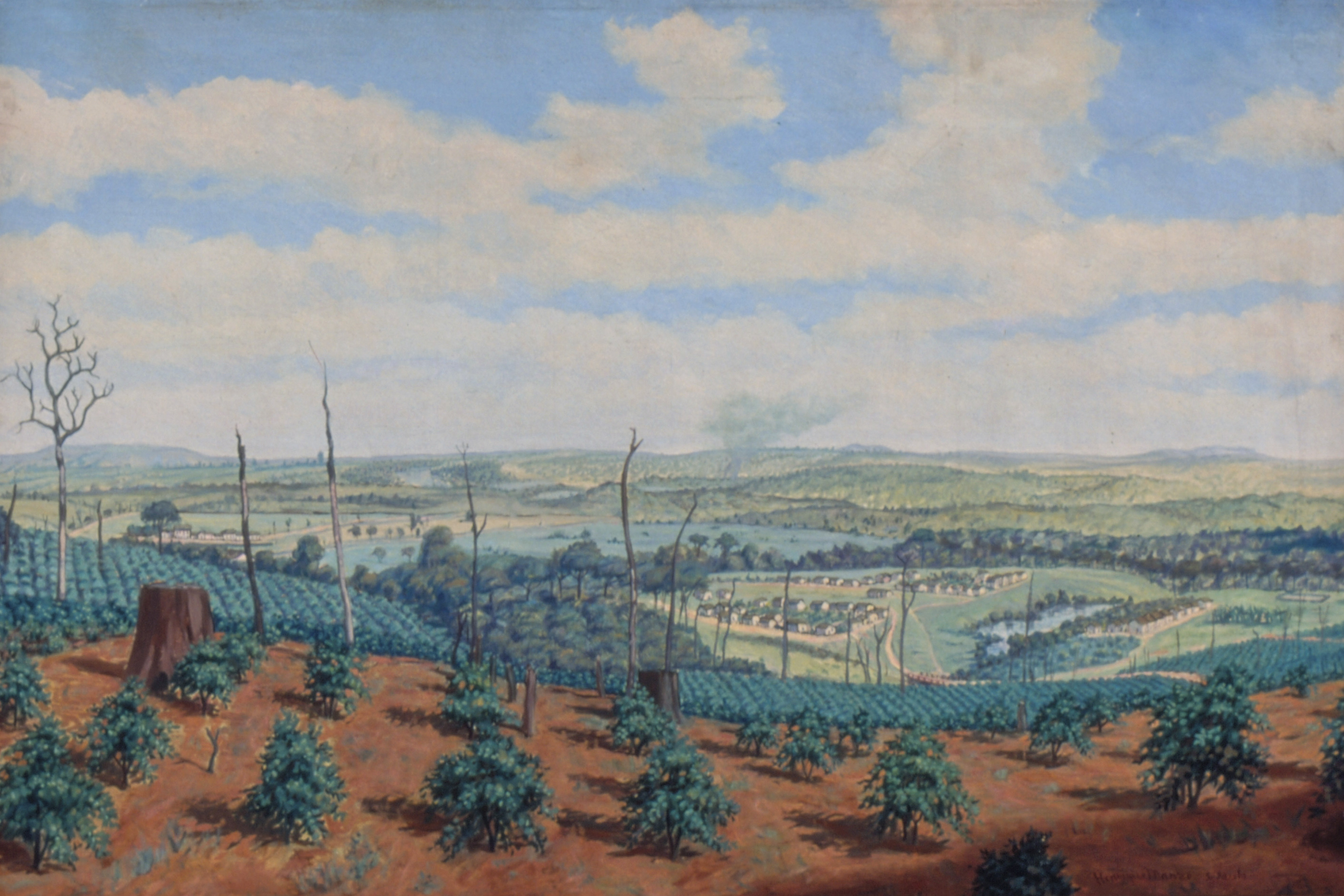
Swiss study links excessive crying in infants to odour sensitivity

Researchers have found that sensitivity to odours may explain up to half of the excessive and inconsolable crying in some infants.
Infant colic (IC), a condition that describes excessive and inconsolable crying behavior, affects around 20% of otherwise healthy infants. Researchers from the Geneva University Hospital and the University of Geneva utilised the latest magnetic resonance imaging (MRI) techniques in newborns, to determine if early brain responses to a smell is associated with a subsequent crying behavior.
“Our results offer novel insights into IC pathophysiology by demonstrating that, shortly after birth, the central nervous system of babies developing IC has already greater reactivity to sensory stimuli than that of their noncolicky peers,” concluded the studyExternal link published in the journal Pediatric Research.
A total of 21 infants were exposed to three smells: rotten cabbage, banana and eucalyptus. Their daily crying time was then measured at the age of six weeks using a crying calendar filled for 14 days by their parents. Babies with greater brain reactivity to the smell of rotten cabbage in the first few days of life had a higher average crying time.
“This early sensitivity explains as much as 48% of their subsequent crying behavior at six weeks of life,” the study reported.
Two areas of these babies’ brains were particularly activated: the piriform cortex and the insula. Other scientific studies have shown that these two areas were also involved in pain processing and self-regulation. According to the study’s authors, this sensitivity could make infants more responsive to pain and less able to calm down once they start crying.

In compliance with the JTI standards
More: SWI swissinfo.ch certified by the Journalism Trust Initiative






























You can find an overview of ongoing debates with our journalists here . Please join us!
If you want to start a conversation about a topic raised in this article or want to report factual errors, email us at english@swissinfo.ch.